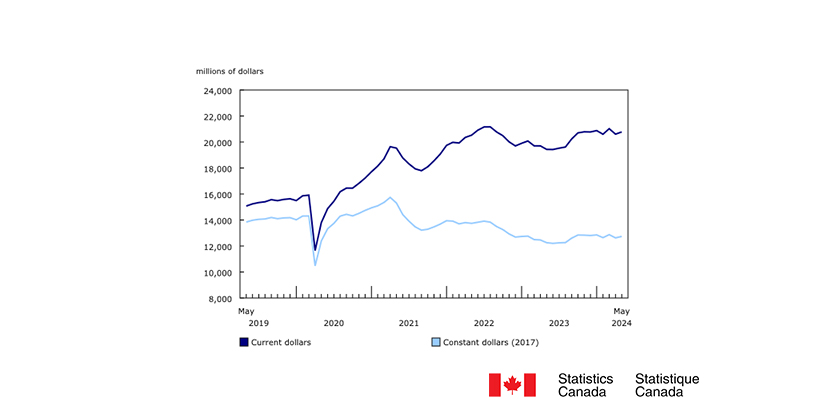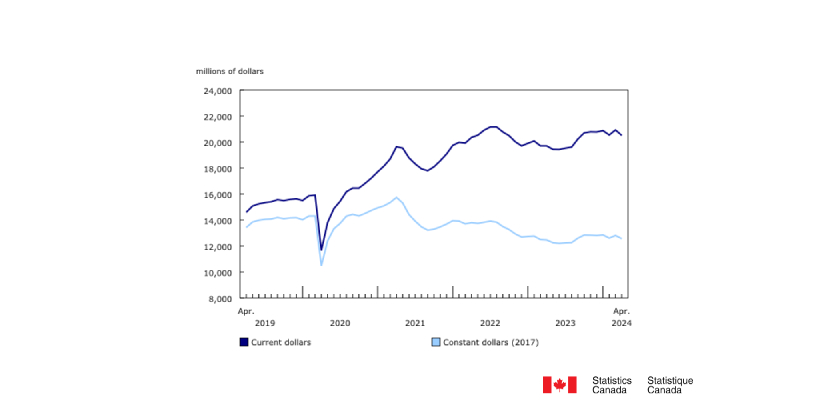Government of Canada Announces Funds for Climate Resilient Infrastructure Initiatives

July 18, 2022
Canadians are increasingly feeling the effects of climate change. Extreme weather events such as floods, high winds, and heatwaves are becoming more frequent – and they are having an impact on our infrastructure. The Government of Canada is investing in important initiatives to ensure communities have the knowledge, guidelines and tools needed to keep their citizens safe.
Dominic LeBlanc, Minister of Intergovernmental Affairs, Infrastructure and Communities, the Honourable François-Philippe Champagne, Minister of Innovation, Science and Industry, and Chantal Guay, CEO of the Standards Council of Canada, announced funding of $46.7 million for two important climate resilience initiatives; the Climate Resilient Built Environment initiative and the Standards to Support Resilience in Infrastructure Program.
The Climate Resilient Built Environment (CRBE) initiative, funded by Infrastructure Canada and led by the National Research Council of Canada, will provide the knowledge to adapt our public infrastructure where necessary, inform changes to building and infrastructure codes, and create guides, standards, tools, and technical solutions for climate resilience. With funding of $35 million over five years, the initiative will highlight the importance of resilience through collaboration across the construction sector, from design and decision-making to construction, operation, maintenance and retrofit.
The Standards to Support Resilience in Infrastructure Program (SSRIP), led by the Standards Council of Canada, will receive new funding of $11.7 million over five years, to deliver standards and related guidance that address priority areas such as heat, flooding and permafrost degradation in the North. The program is working with communities and beneficiaries to ensure these standardization projects promote a consistent approach to climate change adaptation, enhance resilience, and support informed decision making for infrastructure and buildings across Canada.
These initiatives will help improve resilience to climate change by informing future design, retrofits, and upgrades to buildings and infrastructure. The tools and technical knowledge developed will help communities make climate-informed decisions, and will reduce costs related to construction, operation, and repair. This will ensure that both new and existing structures continue to support the health, safety and prosperity of Canadians.
Quick Facts:
-
The Climate Resilient Built Environment initiative builds on the foundational work and success of the Climate-Resilient Buildings and Core Public Infrastructure (CRBCPI) initiative, which was a similar five-year initiative that ended in March 2021.
-
Under the CRBCPI initiative, more than 150 collaborators, including all levels of government, national and international experts from academia, engineering consulting firms, industry, non-profit organizations and the climate science community helped develop practical tools to help the Canadian construction industry meet future challenges.
-
For example, outcomes of the CRBCPI initiative include future-looking climatic design data for over 600 locations across Canada and the first national guide for wildland urban interface fires.
-
The Standards to Support Resilience in Infrastructure Program was initially launched in 2016. The first five years of this program supported the development of 41 standards and related guidance to safeguard communities and infrastructure on topics ranging from flooding and high winds to permafrost degradation.

















